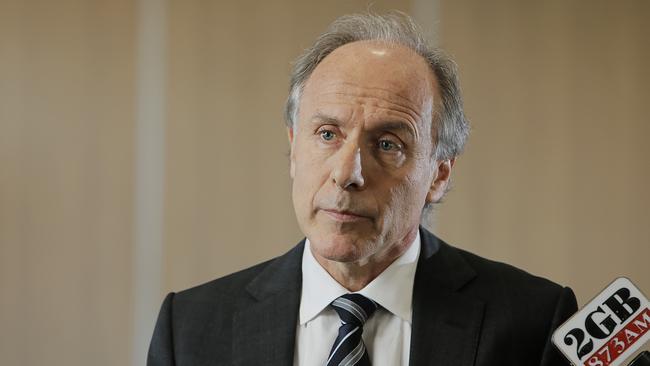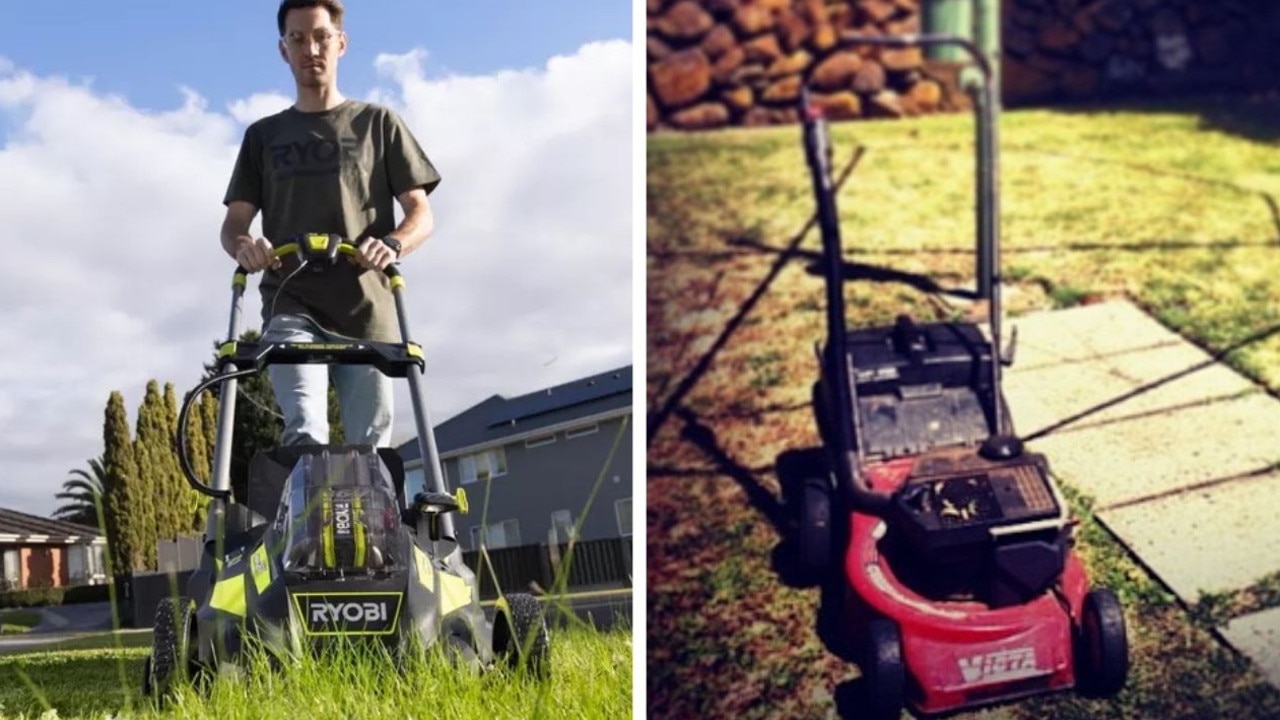Finkel review a game changer: business leaders
Business has backed the Finkel report, calling it “the last best hope” for a cleaner, secure, reliable energy future.

The states will need to abandon their renewable energy targets and moratoriums on gas exploration if the nation embraces a clean energy target as recommended by the Finkel Review, business groups say.
Alan Finkel’s long-awaited report was hailed as a potential game changer, with a recommendation that the CET succeeds the federal government’s RET when it expires in 2020, providing a technology-neutral guide for new energy investment that would also reduce emissions.
Among the recommendations made to the Council of Australian Governments yesterday, the report calls for new generating capacity to guarantee supply, a move that forces wind and solar farms to have storage such as batteries or hydro power, as well as encouraging demand management systems.
Business groups united to voice support, saying the report would mark the end of a decade-old climate and energy debate that has stalled investment and sent prices soaring. Energy Networks Australia chief executive John Bradley called the Finkel blueprint “the last best hope” energy customers had for a secure, reliable and affordable transition to cleaner energy.
Business Council of Australia chief executive Jennifer Westacott said: “The individual measures in the blueprint need careful review but its greatest success would be compelling Australian governments to act together to lock down an agreed, national Strategic Energy Plan.”
The BCA said the report acknowledged the need for a long-term trajectory that would allow the market to decide the right energy mix to meet the target. “Removing ideological preferences for specific fuels and technologies and making sure all technologies contribute to security and reliability will allow fair competition on a level playing field.
“To implement this blueprint successfully, we must support policy initiatives such as the Clean Energy Target with a truly national policy framework. This will require the removal of state and territory-based RETs and moratoriums on the development of our gas resources.”
Renewable energy would account for 23 per cent of generating capacity under the federal government’s RET. But states set targets of their own ranging from 40-50 per cent amid uncertainty caused by the 2014 review of the RET.
Australian Energy Council chief executive Matthew Warren said the Finkel model was a “potential game changer” for energy policy and investment. “Finkel’s report identifies that the real challenge in the national electricity market has shifted — old coal generators are exiting faster than we can replace them. What we face is an investment problem rather than a carbon pricing problem.”
AGL, which is both the biggest emitter through its coal-fired power stations and the biggest renewable energy investor, said it was optimistic the Finkel report could deliver a more reliable, secure and affordable energy system.
“While we have advocated for an emissions intensity scheme, we believe a clean energy target is a viable policy option and will unleash the necessary new investment in the national electricity market,” AGL said.
The company, which this week announced plans for a new, gas-fired peaking power plant in South Australia, said it supported recommendations for advanced notice of plant closures and a requirement for new plants to guarantee they can dispatch energy when the market operator requires it.
Business stressed that the report needed bipartisan support to succeed and expected more discussion including the government setting an emissions target and consulting with industry on implementing the review.
Environment and activist groups have opposed a target that allows any role for coal or gas in new generation, which could make the passage of any legislation through the Senate more difficult. “If Australia’s political parties put a higher value on brand differentiation than on durable policy, we will be condemned to an electricity system that is uninvestable, unaffordable, unreliable and high-emitting,” Australian Industry Group chief executive Innes Willox said. “The challenge now, for governments and stakeholders alike, is to take seriously the crises we face and the solutions the review has offered.”
The review was also praised by the local head of global conglomerate GE. “All we need is stable policy and companies like GE will invest to secure Australia’s energy future,” GE Australia chief Geoff Culbert said. “We urge Australia’s political leaders to adopt the proposals and stick with them for the long term, because if they do, industry will meet the challenge.”
Origin Energy chief Frank Calabria said: “Getting Australia’s energy and climate change policy settings right is crucial to attracting the investment required to maintain a secure and affordable supply of energy to Australian homes and businesses.”


